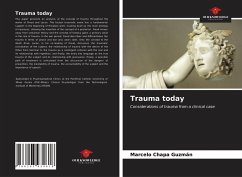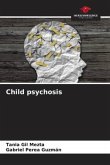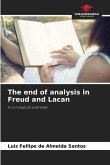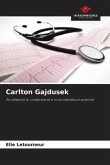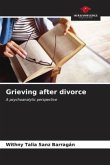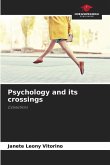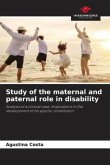This paper presents an analysis of the concept of trauma throughout the works of Freud and Lacan. The factual traumatic event has a fundamental support in the beginning of Freudian work, locating itself as the main etiology of neuroses, allowing the invention of the concept of a posteriori. Freud moves away from seduction theory and the concept of fantasy gains a primary value in the role of trauma. In the war period, Freud describes and differentiates the trauma in times of peace and war and, years later, links the concept to the death drive. Lacan, in his re-reading of Freud, discusses the traumatic constitution of the subject, the relationship of trauma with the desire of the Other from Seminar 6, the trauma as a contingent collision with the real and its relationship with repetition, and finally, the entry into language as the true trauma of the subject and its relationship with jouissance. Finally, a possible path of treatment is articulated from the discussion of the dangers of prevention, the inevitability of trauma, the accountability of the subject and the importance of speech.

